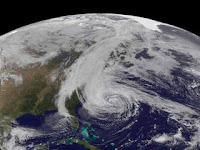Celebrating the 50th Anniversary of Thomas Kuhn's The Structure of Scientific Revolutions at the University of Chicago

I just arrived in Chicago where I will be attending a conference on Thomas Kuhn's The Structure of Scientific Revolutions at the University of Chicago beginning tomorrow. The event is jointly sponsored by the University of Chicago Press, the Fishbein Center for the History of Science, and the Max Planck Institute for the History of Science. I have rarely seen a conference with a more promising line up (the program is here ), and I'm really looking forward to it. (There's also a rumor that a certain other member of this blog, who happens to be a postdoc at Northwestern University, might also be there tomorrow. I hope he is!!) I'll be live-tweeting at least portions of the event. Follow me at @STS_News. And look for a summary of the event soon here on American Science. Kuhn!!!!





